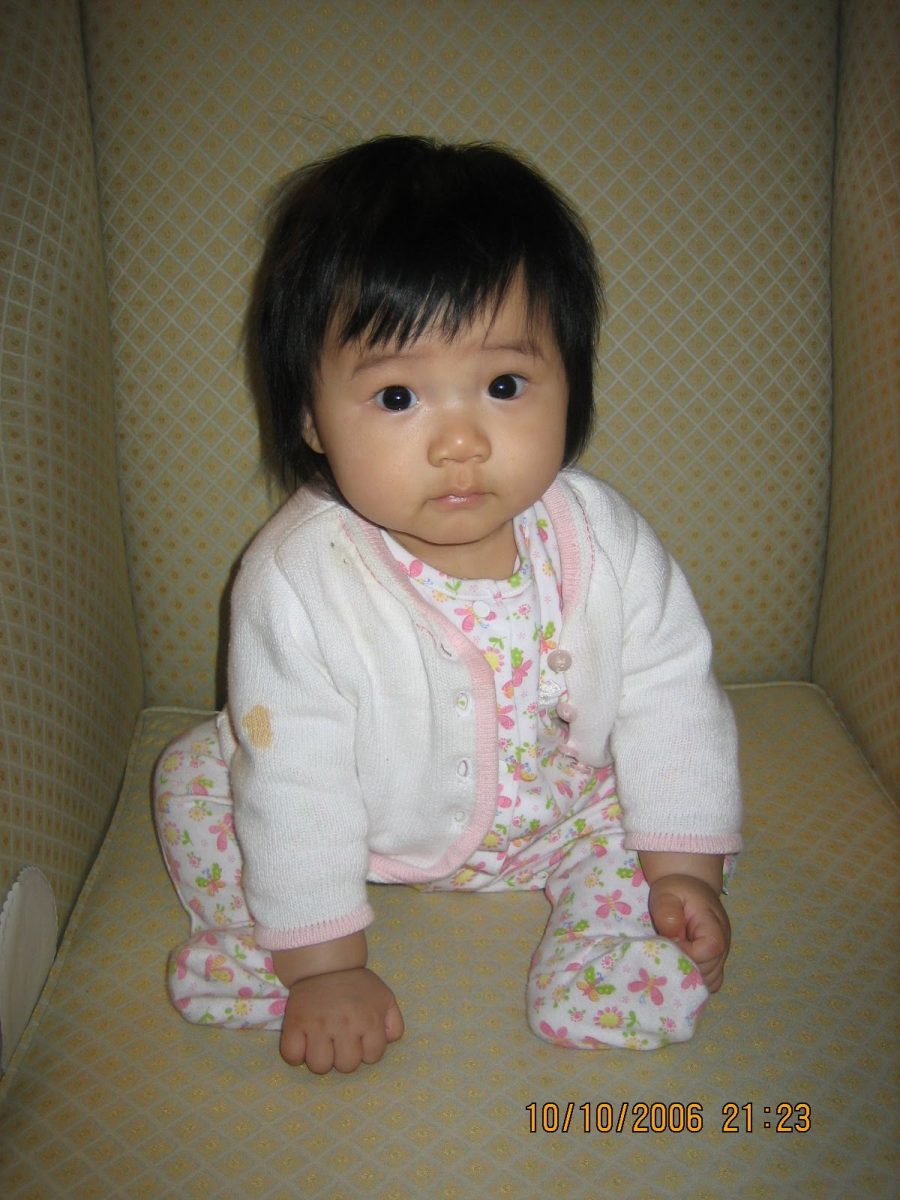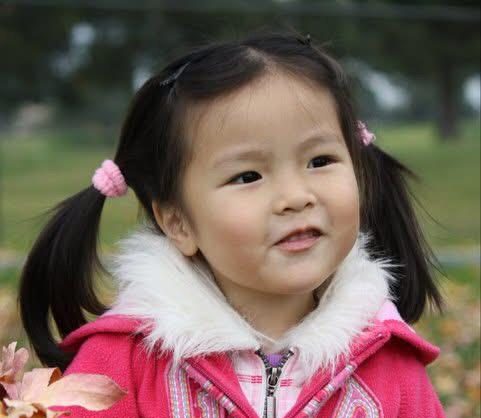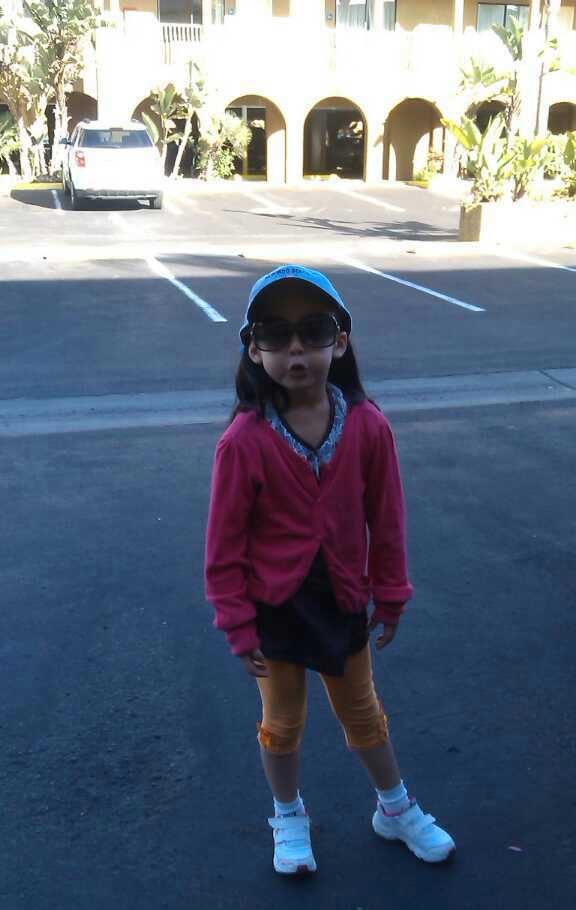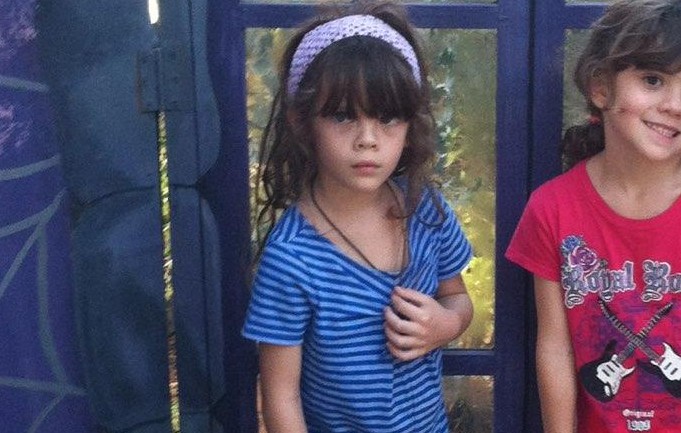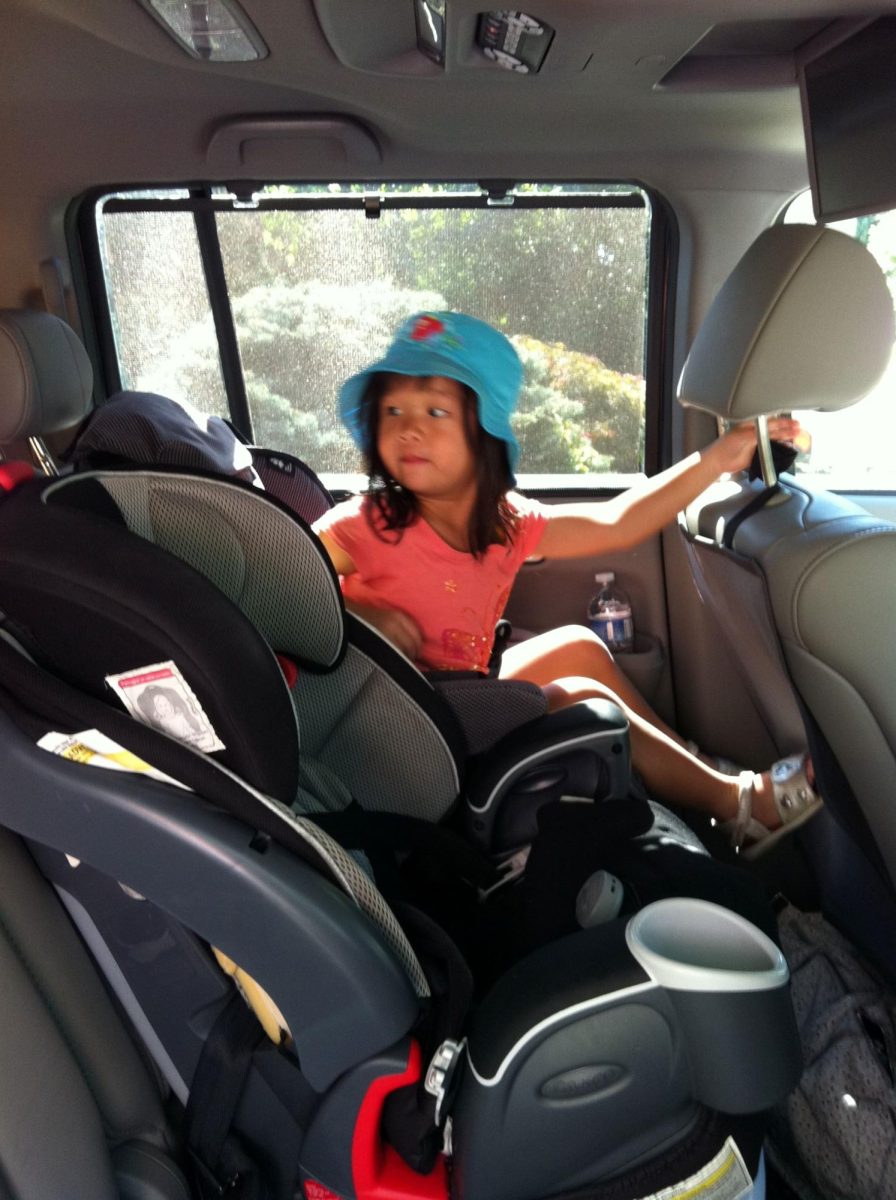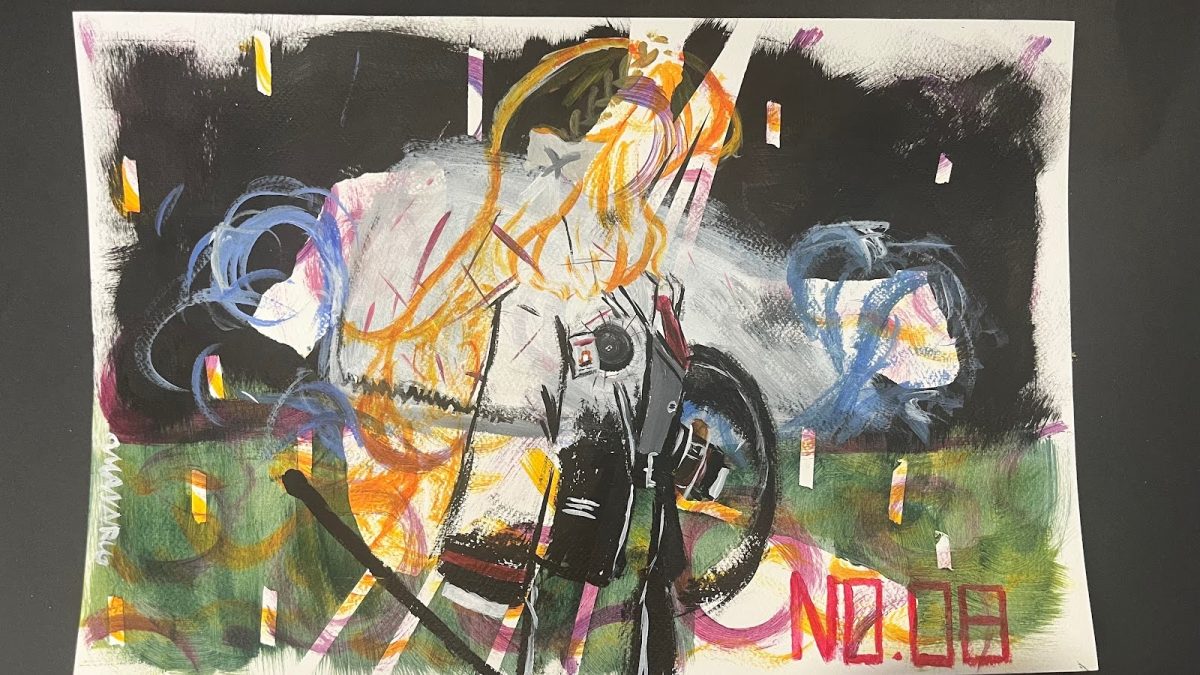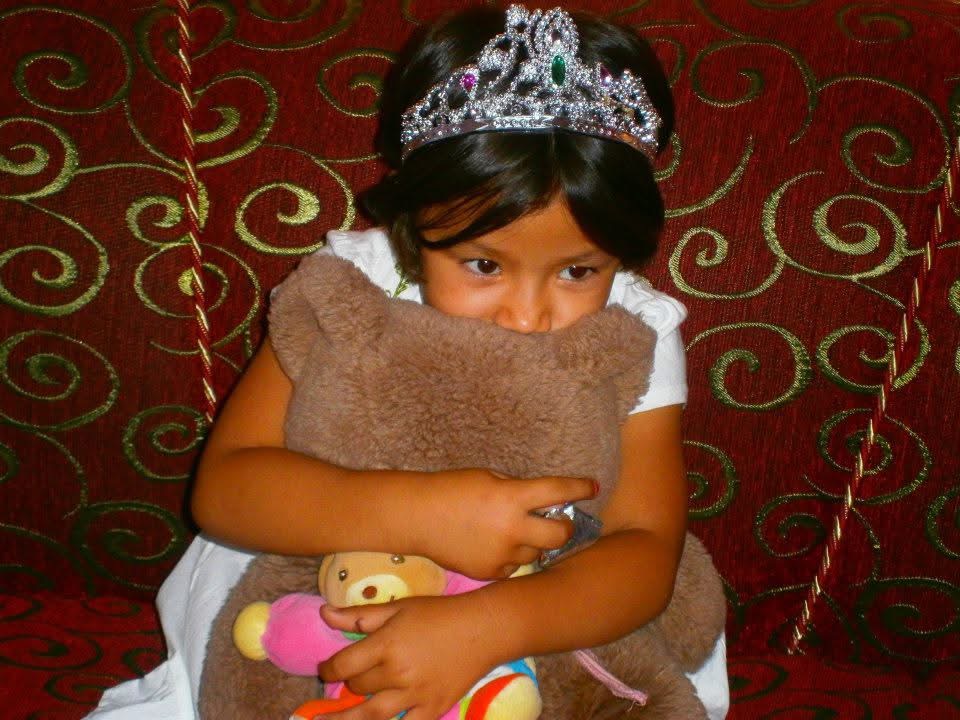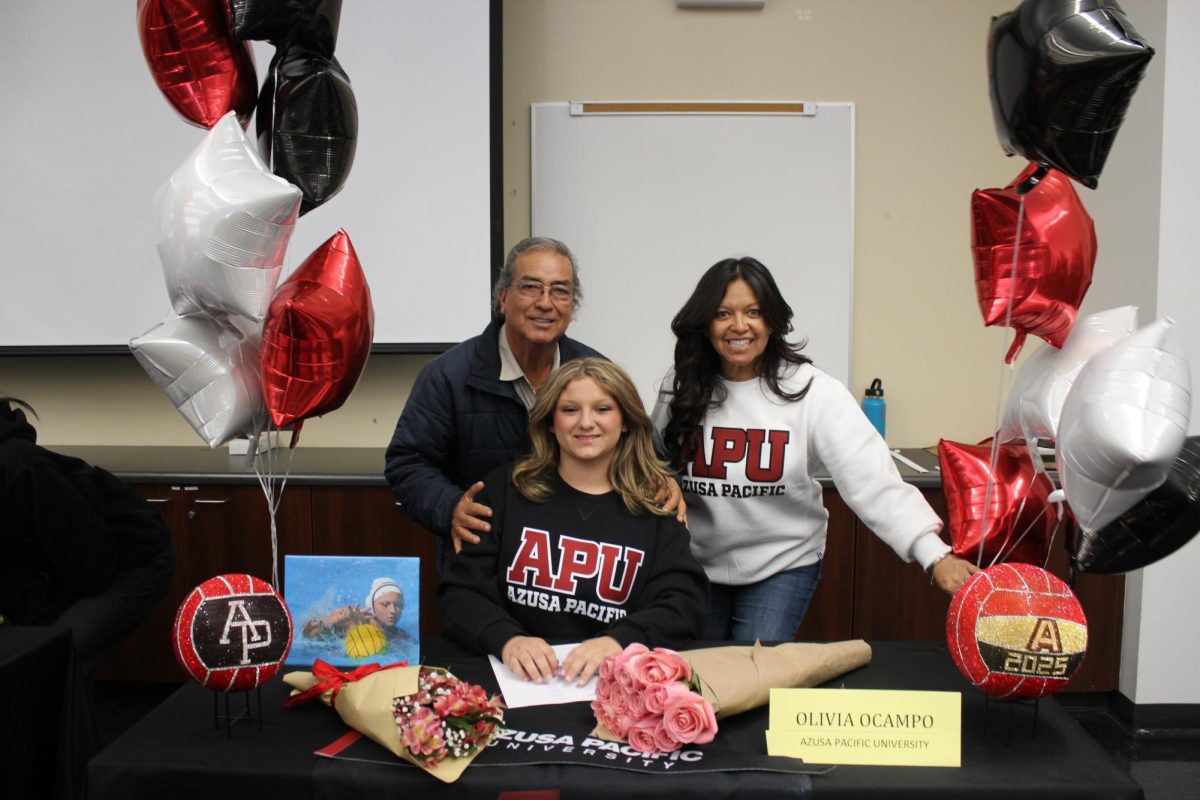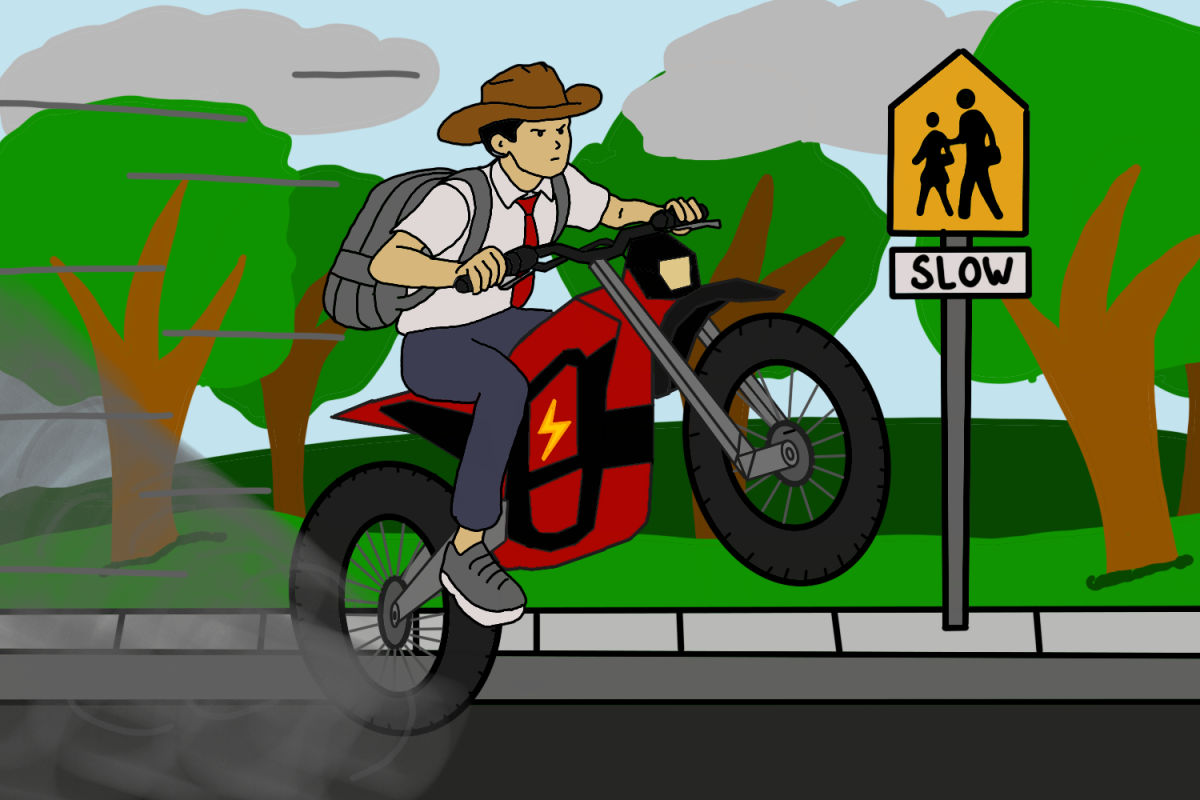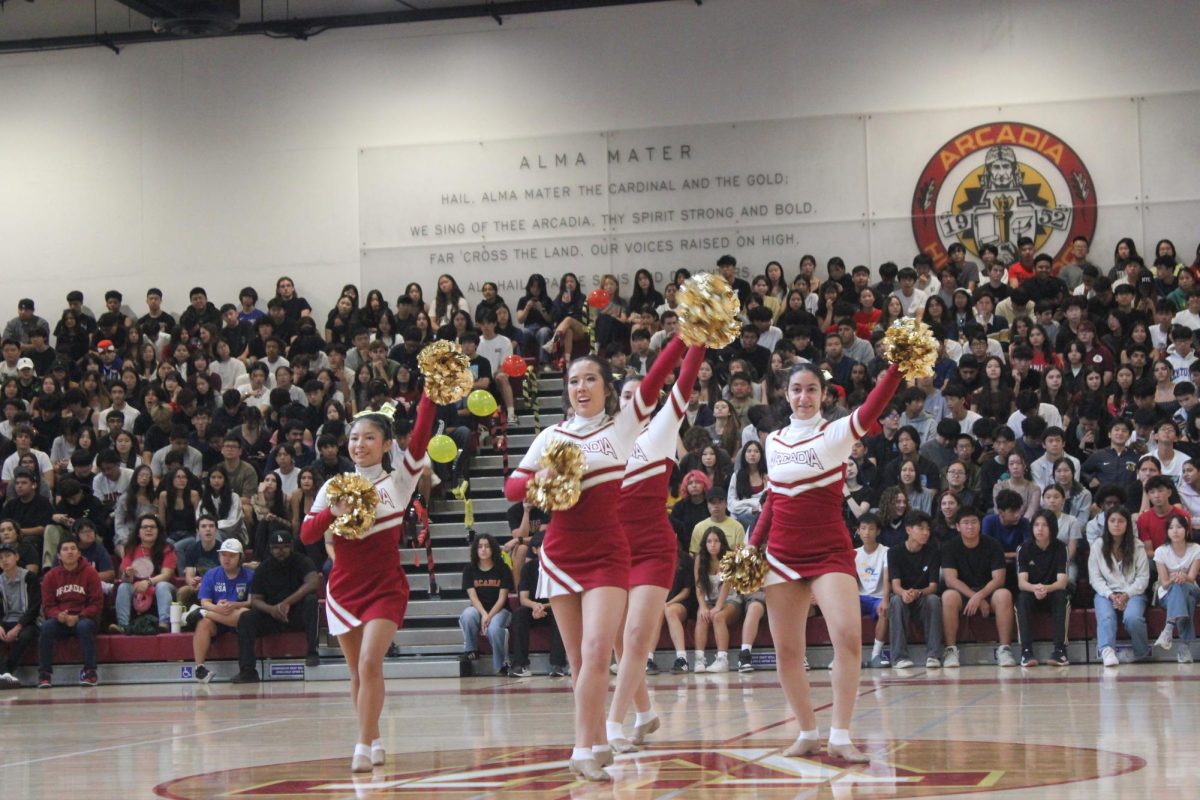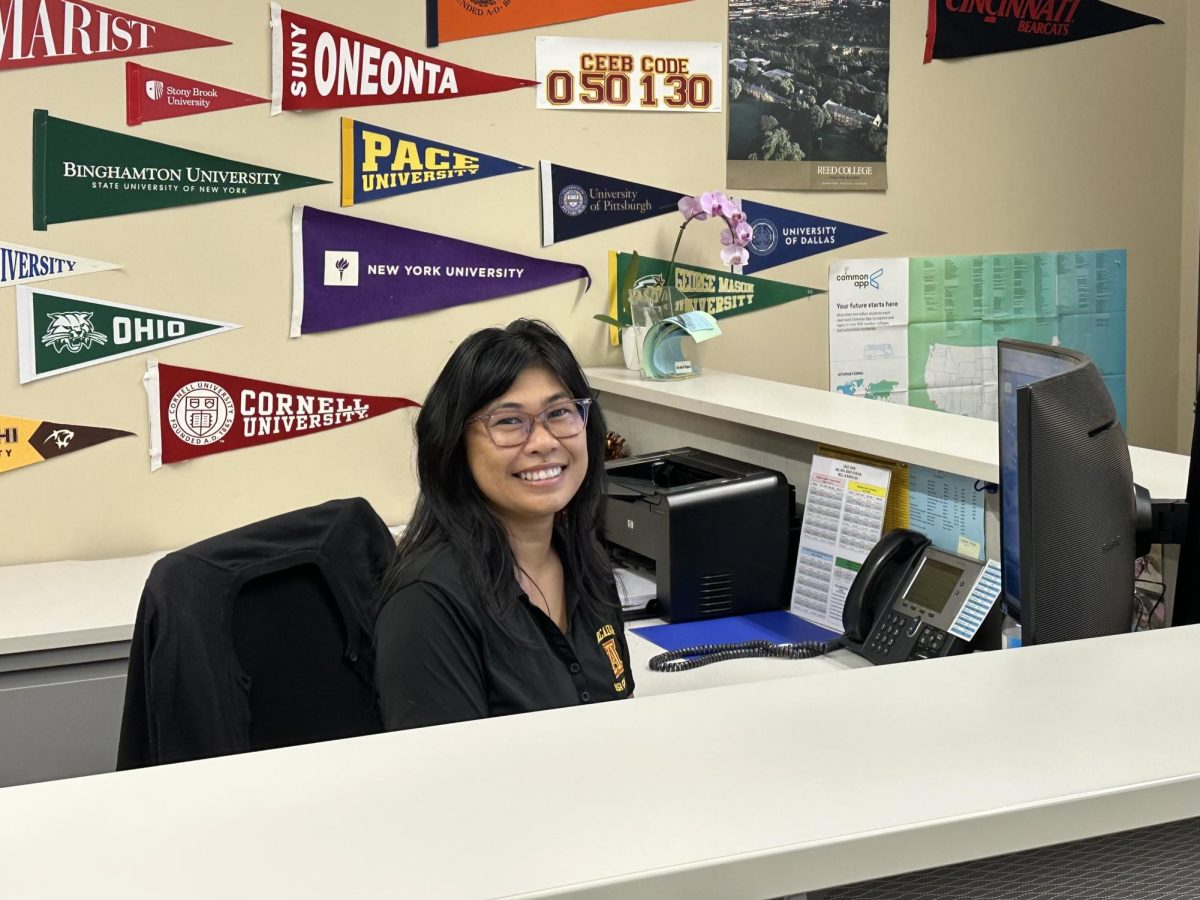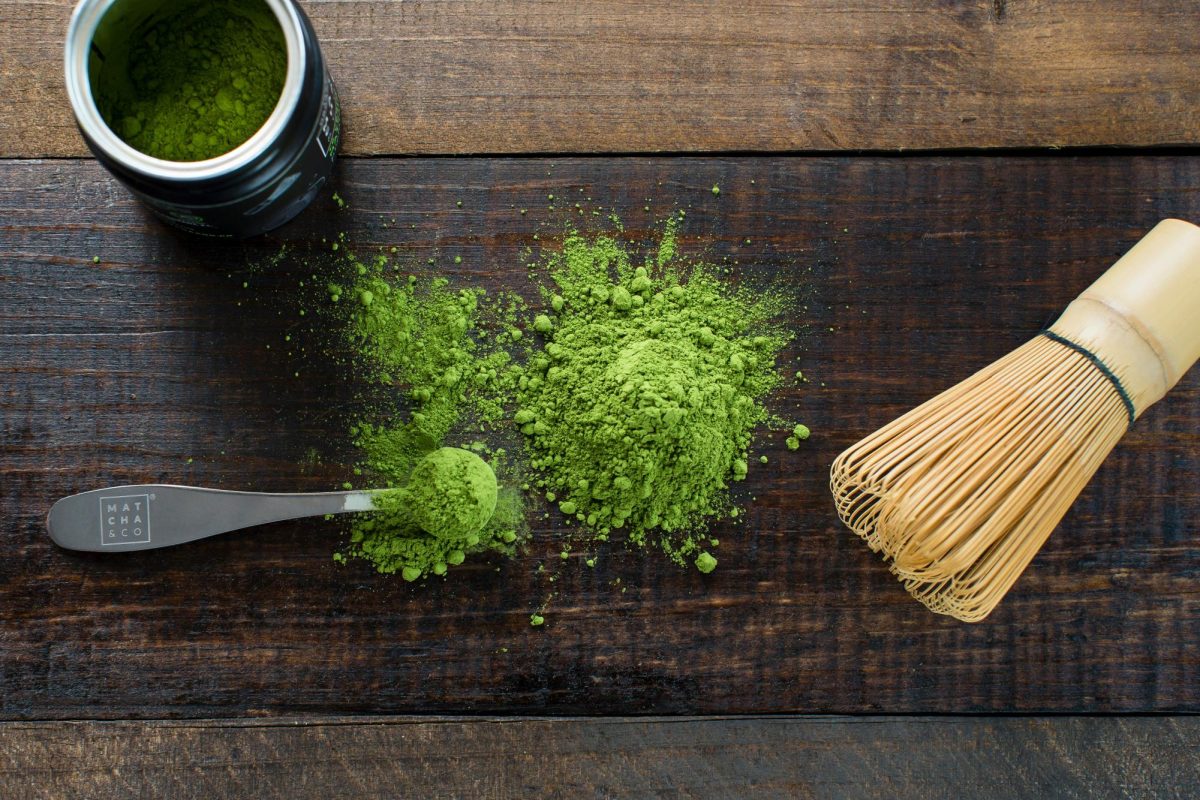The summer before ninth grade, on a drive down from Santa Barbara, I put my headphones in, looped the Mamma Mia! soundtrack for an hour, and read every 2020 Senior Column in The Arcadia Quill. As an incoming freshman, I knew none of these people. All I had to go on were the images accompanying their columns: young adults posed perfectly in golden falls of light, caps and tassels angled just so, salutatorian sashes hanging just right. You are the dancing queen, Meryl Streep sang in my ear, young and sweet, only 17—and what I would’ve given to be 17 back then. It seemed like such a romantic age, one defined by maturity, potential, and the wisdom that only came with surviving four years of high school.
Granted, as a current senior, I don’t feel very wise. But back then, as a freshman? When I had no experience, direction, or even access to a real campus I could call my own? Those Senior Columns might as well have been my North Star. Between the more sentimental reflections (I’ll always remember when I was wild and free, reminisced Brandon Chen) and the practical advice (The world isn’t going to end if you didn’t finish a Punnett square worksheet, Rosalind Zeng wrote dryly), there was, I knew, something truly valuable in those columns. All of the guidance they gave? I’d take it. All the missteps they warned about? I’d avoid them.
Their words were a roadmap. All I had to do was follow it.
….easy, right?
1) “My freshman year, I was ambitious, but naive.” — Jasmine Oang, Publicity Manager
Here was my very first misstep—misreading Jasmine’s cautionary sentiment as inspiration. In ninth grade, I thought being busy equated to being productive, and maybe in the monotony of online school, it did. As a freshman, I joined multiple clubs; by the end of May, I’d dropped nearly all of them. Returning to campus didn’t help. I just felt more lost among the tall buildings, the incessant fifth period fire alarms, the 4,000 other kids who merged into a blur.
It was frustrating. All around me, the halls seemed packed with future presidents, engineering geniuses, star students, budding athletes. I wanted to walk with them. I wanted an identity of my own. And I loved to write and tell stories, but in high school, you’re supposed to grow. I couldn’t just do what I’d done since I was five or six, right? Creative writing wasn’t the typical AHS endeavor, and it exacerbated what I thought were my worst qualities: my shyness, my tendency to stay inside my head, my preference for the pen over public speaking. I was better off finding a different passion. One that was more practical.
So I tried my hand at a practice AMC exam—sadly, my score swiftly ruled out a mathematical career. Then I joined Model United Nations, before realizing starchy formalwear and hours of political roleplay weren’t my style. I couldn’t even get past the USABO info meeting. Nor was I a consummate leader: AHS had so much to offer, but I was better at pouring myself into a few organizations, like DCI and NHS, than I was at juggling multiple commitments. I tried to push myself, become an outgoing jack-of-all-trades, but in the end, I’d always come back to storytelling—writing articles for The Quill, using Celtx to create screenplays, drafting poems in the dark until my eyes were red.
By junior year, I finally accepted that writing made me happier than anything. I allowed my dreams to shift from vague (“be smarter”) to painfully hyperspecific. I say painful because rejection in the teen writing world is endemic, and the competition-workshop scene is fierce. I desperately wanted, for instance, to attend National YoungArts Week. It took two crushing failures before I succeeded on the third try. I was dead-set on attending a specific writers’ workshop—so when they waitlisted me, I wrote an embarrassingly earnest letter of interest, and clawed my way in on pure fervency. Writing is so subjective, but that uncertainty is also limitless. I wanted to join every program, submit to every journal, befriend every young writer I could…I wanted to see what was possible.
Most of all, though, I wanted to be a writer my family and teachers were proud of. I’m lucky to say my most nebulous wish was granted unconditionally. Ms. Lee was endlessly supportive of my poetry. Mom and Dad insisted I was a writer deep down. In me, my grandparents saw my great-great-aunt—a woman who also loved art as a girl, but whose work had been burned by the Red Guards in China. And though my STEM-oriented brother preferred lines of code to ones of verse, here’s my favorite victory of high school: Ethan reading my short story, then sending over a long analysis of its meaning. Plus, a rare compliment. Good.
It’s strange. In high school, you’re supposed to grow, but honestly, I don’t think I did. I started and ended with the same passion, and the older I got, the less ambitious I became, at least in the way that I defined ambition when I was a freshman. Oh, I still want things—but I know I don’t need to be good, or even passable, in every field. Writing is (and has been) more than enough.
And I am still shy, but today I hope that never changes. Identifying stories relies on quiet observation. Overthinking may be coded into my DNA. But if it wasn’t, would I believe so strongly in the power of words?
Knowing who I am and what I love gave me an unmistakable sense of clarity in high school. Amidst my purposeful classmates, it’s made me much more comfortable at Arcadia, more confident to reach out and connect. Today, I can tell all the buildings apart. I may not know all 4,000 kids, but I can call a good number of them friends.
Even the fire alarms have grown on me. By period 5, I always need the sun.
2) “Looking back now, I can laugh.” — Lisza Lo, Campus Focus Editor
I entered Arcadia as a very sensitive student—laugh I did not when I got a C- on my last Algebra 2 exam. As the years rolled by, however, disappointment of any kind became far easier for me to handle. Lisza Lo was right. Algebra 2 really was never that serious. Nor were most things at AHS. Looking back does make things better. But I attempt not to view things solely in retrospect. Instead, I’ve tried to find an undercurrent of joy in every tough moment as I live it; if not in myself, than in others. High school can be stressful, but if there’s one thing I’ve learned, it’s that there’s strength in numbers. That I am usually no more filled with anxiety than the average student. Someone will always understand how I feel.
After all, barely passing a final exam was never fun—but dashing into the S Building hall with my labmates, cheering over maintaining our 90.0% averages, was. Applying for college was overwhelming—but it would’ve been so much worse if I couldn’t bemoan Cornell’s audacious 650-word “Why Us” essay with a fellow senior. And then there was that time I was daunted by, of all things, Senior Flash Mob choreography. I figured it didn’t matter if I knew the steps to Tyla’s “Water,” because neither did any of the kids around me.
Still. We r going to look so stupid, I texted a friend the night before Spring Assembly.
She replied immediately at 2:59 a.m. ok but we’ll look stupid together <3
3) “I can’t say that I regret anything I’ve done.” —Sandi Khine, Editor-in-Chief
Of all the Senior Columns, Sandi’s stuck with me the most, if only because here, regret seems like the expectation. The word “toxic” has been beaten to death. So many of my friends hesitate to even say they like Arcadia. It’s as if by existing in a school like ours, you’re succumbing to an academics-first system that robs you of your youth. And you have to condemn it. Otherwise, you’re part of the problem.
But give me credit, or at least a little blame: I was (am) happy at Arcadia High School. Did I often skip weekend outings, lunchtime boba runs and junior Homecoming to save my GPA or (as was almost always the case) write in my room? Sure. But I don’t want to be characterized as the innocent student disillusioned by an insidious institution. Everything I did was of my own volition. If I could repeat my four years here, I’d make the same choices again. After all, studying calculus was mundane, but grasping integrals felt euphoric—proof that I could succeed if I truly put my mind to it. And that same night I skipped Homecoming, I wrote a poem about my Gonggong, a poem he’d later read and love.
To me, the give-and-take was always worth it. I never felt like I was “missing out” by prioritizing certain things. Of course, another student might feel the opposite. And for another, the give-and-take might not exist. Maybe they have it all, the social life and the extracurriculars and the academics, without a hint of struggle. Everyone’s different, so here’s how I’ve reconciled things—compromise isn’t killer, but regret certainly is. I put my heart into writing and into school, and I’m thankful these things consumed my last four years. Still, when I decided I was going to have fun with friends, then I had fun. When I stayed in, I didn’t waste time looking out the window.
Arcadia can be a challenging, high-pressure place. But it’s my home; I get nothing from being bitter towards it, and everything from finding joy. Ultimately, I know how fortunate I am to be here. Every student has the right to criticize AHS, but I also think this chronic negativity is terribly representative of the Arcadia bubble. Because it’s an immense privilege to have APs to stress over, college applications to complete, teachers who are worth impressing and classmates you want to live up to. So many students have far fewer resources and far greater worries. Competitive is far from the worst thing a school can be.
So when I hear complaints that AHS “robs” its students of our youth, I think this: we are too young to be this cynical. And we have more control than we think. Sure, I missed last year’s football Hoco match, but I’m determined to go to my college’s Big Game. I couldn’t fit Food Science into my senior year schedule; under a quarter system, though, I can take twice as many classes. I’m nervous about college, but more than that, I’m excited. I have so much time, and during my admitted students’ weekend, I felt the same way I did as a high school freshman; that is to say, surrounded by intimidatingly talented strangers and an impractically massive campus.
And it made me think of all the ways I’ve come to know my school—not through its Niche reputation or even from those once-distant Senior Columns, but through the thousand-plus days I’ve spent here. All the Taylor Swift karaoke sessions in AP Government, the early-morning walks around the Salter Stadium track, those afternoons spent listening to drum line staccato…after four years, I’ve finally gotten used to this school. Memorized its idiosyncrasies, quirks, and routines. Soon enough, however, this familiarity will be gone.
But from my time at AHS, I know that isn’t a bad thing. After all, the past four years haven’t actually been wiped out. They’ve made me who I am now. Starting again, having to explore, isn’t something that frightens me. I learned the joy of such a thing from Arcadia. Everything that I love, I’ll hold on to. Everything I didn’t do, I’ll make time for now. Come autumn, I’ll be that terrified freshman all over again.
When I think about it, it’s dizzying and good.

